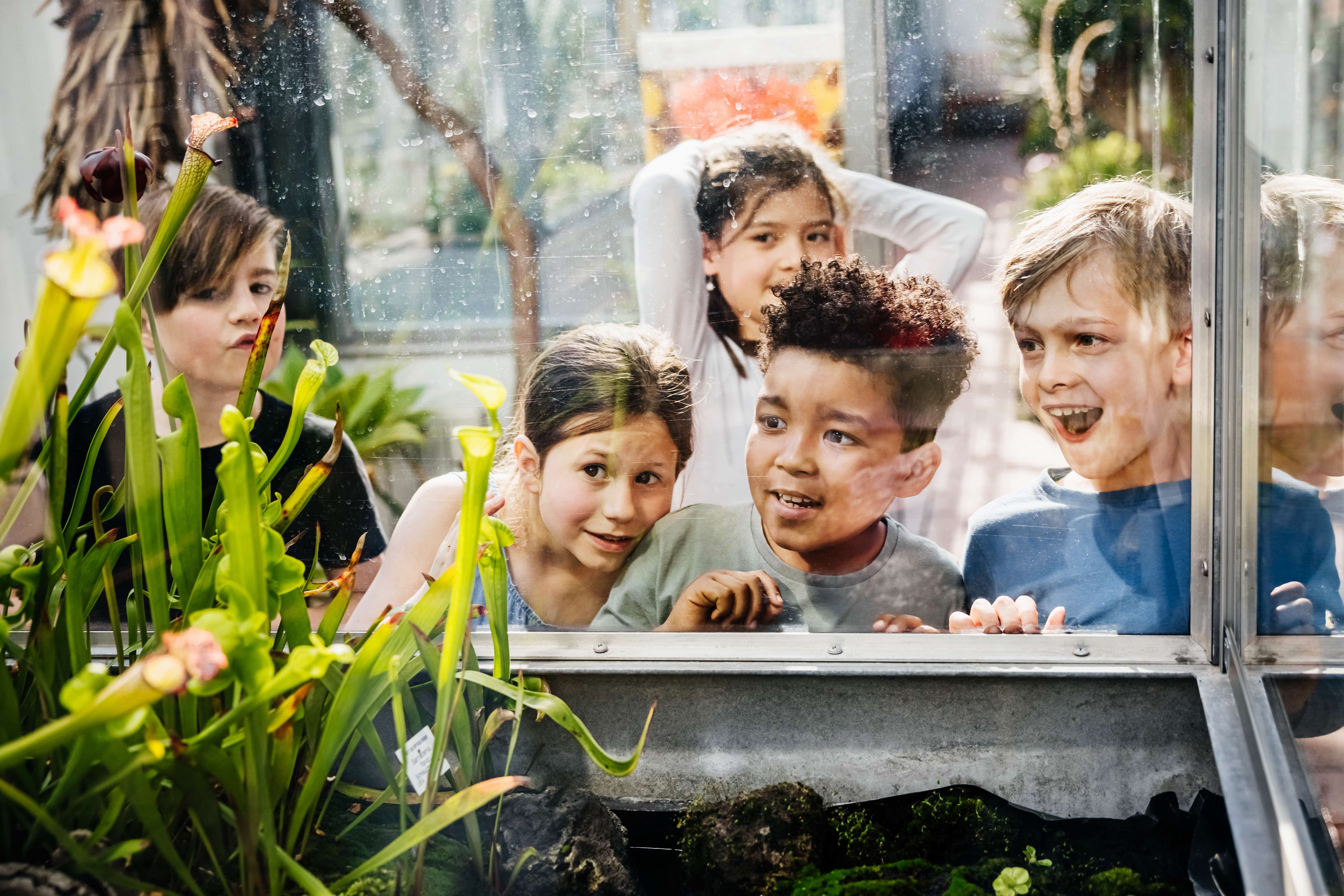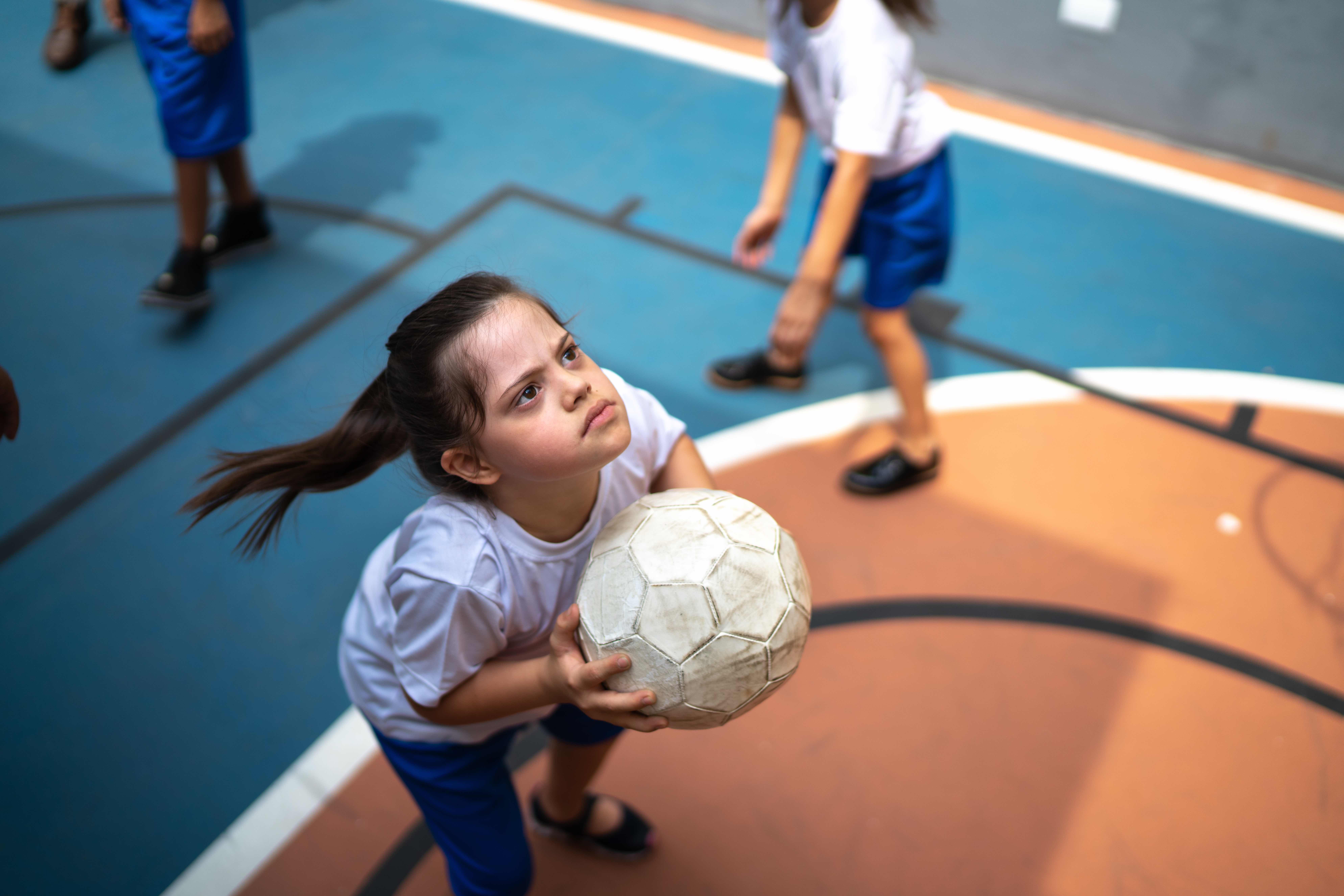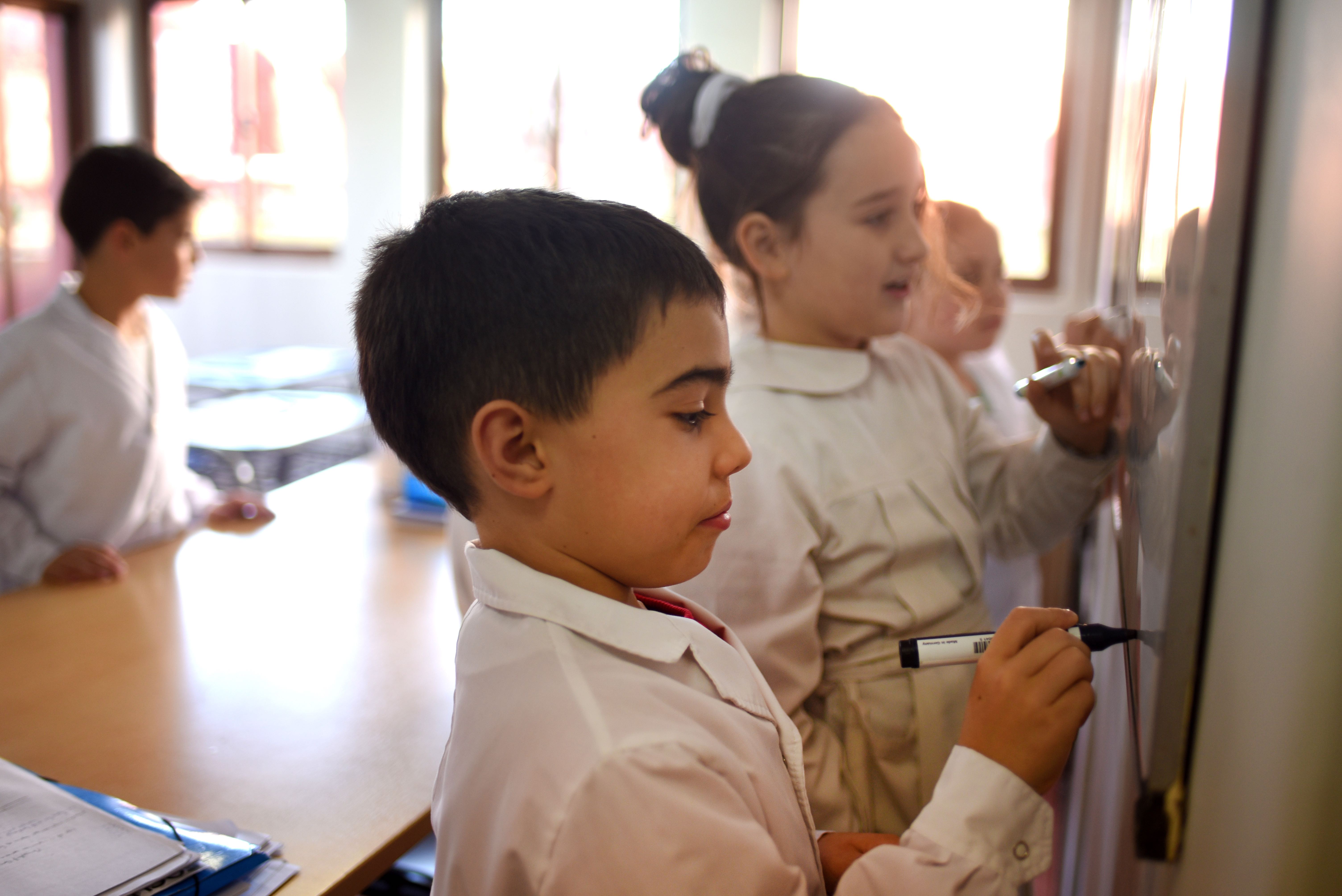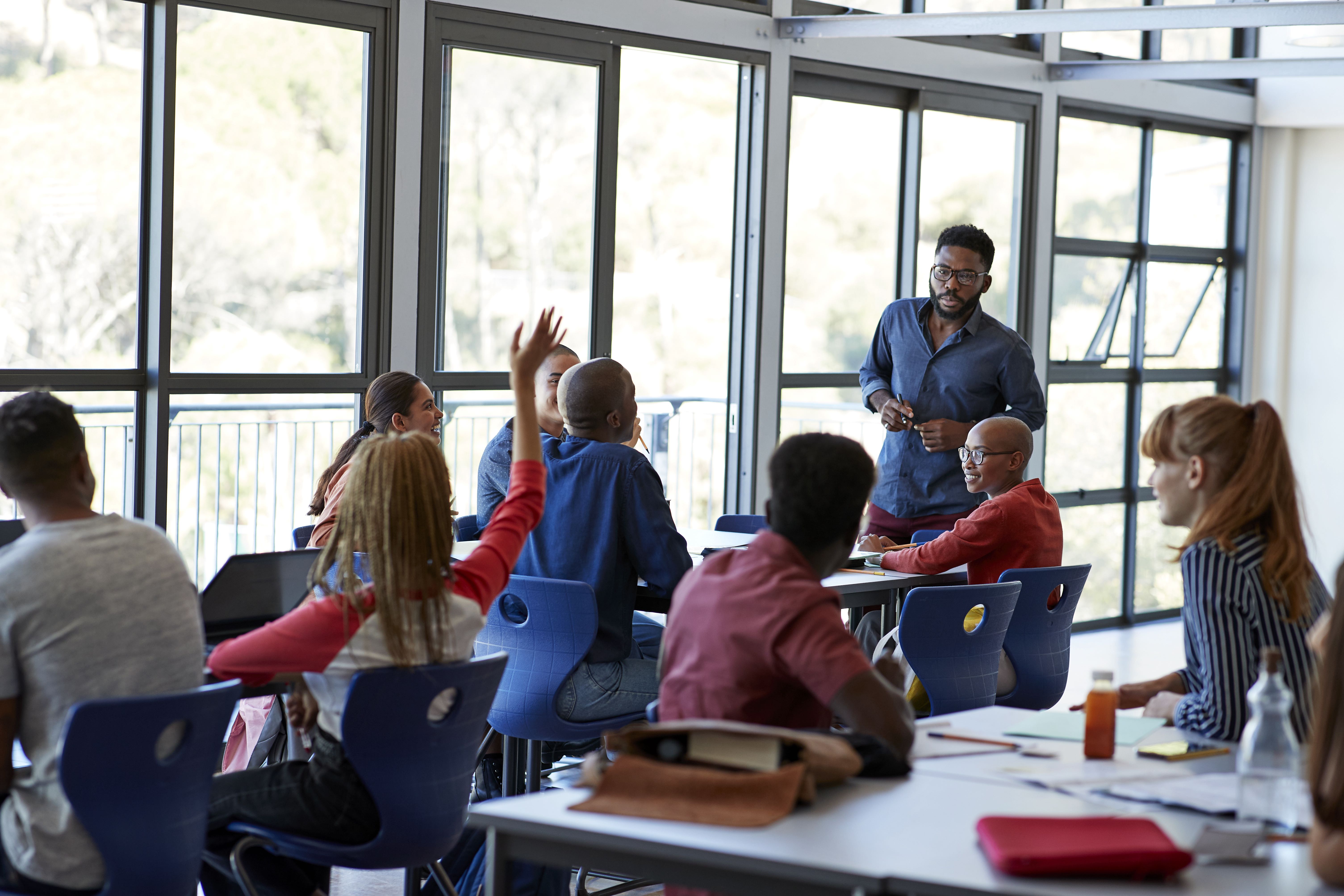
Education
Making learning meaningful

Many schools promote teaching the ‘whole child’, but to do this, education cannot only focus on knowing and doing – it must explicitly embrace being
Published 1 September 2023
When we learn, we are knowing and doing and being - educators work with all three. While that may seem like common sense, the value of bringing them together cohesively is not understood as well as it should be.
Many educators believe that academic subjects are about ‘knowing’, and co-curricular activities (usually taking place outside the classroom to complement the curriculum) are about ‘doing’.

Most of us have no doubt heard the old catchcry (or used it ourselves) – “learning by doing” – which points to experiential learning, as if doing is all that experience is. Co-curricular activities like school sports, drama productions, camps, debating and other club opportunities are often thought of this way.
Academic subjects and co-curricular activities form the two main pillars within a broad school program. And like pillars, they stand parallel to each other, rarely intersecting or overlapping.
When do we hear subject teachers talking about co-curricular activities in class? When do those running co-curricular activities refer to the curriculum of academic subjects? Not often.

Education
Making learning meaningful
This is because many teachers believe that each area is concerned with different things: one with knowing, the other with doing.
So, why is this a problem?
As many schools argue on their websites, they teach the whole person, the whole child, by offering both academic subjects and co-curricular activities. However this holistic approach is often fragmented, with academic subjects and co-curricular activities set apart from each other.
Both here in Australia, and around the world, within education, teaching the whole child is considered essential, but actually achieving this goal has remained a conundrum for teachers and schools for many years.

One whole child strategy that has gained more credence over recent decades puts emphasis on curriculum beyond academic subjects, encompassing areas like “social, emotional and ethical competencies”, also known as 21st-century skills.
These kinds of competencies have been identified and formalised in the Australian Curriculum as general capabilities.
This competencies approach explicitly integrates knowing and doing in academic subjects, with general capabilities “addressed through the content of the learning areas”. But like the rest of the curriculum, they are not often drawn on in co-curricular activities, even though they are just as relevant there.

Education
Game on for collaborative learning
Nonetheless, capabilities present a challenge for teachers of academic subjects.
This is because, when authentically taught, capabilities are expressed directly in experience, and not just encountered through sanitised scenarios involving abstract others.
However, it’s difficult for teachers in most academic subjects to offer direct experience of ethical, intercultural and social capabilities; and then focus on this in a crowded and demanding subject curriculum for the sake of the whole child.
This difficulty arises because teaching children and young people must be done in the school environment – which is achieved through enforcing “being-a-student”, in its various guises, via expectations of behaviour. For example, being-a-maths-student is, as many of us probably recall, a specific way of being that involves a set of practices that prescribe much of the ‘doing’ and application of the ‘knowing’.

Academic subjects and co-curricular activities all bring with them specific expectations of behaviour, communicated by the teachers. But these are, at the same time, expectations for who children and young people should be in these subjects or activities.
For example, being-a-year-eight-basketball-team-member is very different to being-a-year-eight-history-student.
It is through these various ways of being – including ways of doing and ways of knowing – that schools can teach the whole child. With this language of being-doing-knowing, the whole person is taken into account across academic subjects and co-curricular activities.

For this to take hold in schools, it has to happen at two intertwined levels.
If we look at teaching first, these ideas can inform unit planning – when we refer to units, this is a contained piece of work in a subject. Unit planning is the organisation of supporting teaching and learning.
Creative learning units offer a framework for this, bringing knowing, doing and being together, with further advances in consideration of assessment. We’ve developed a simple online tool that aims to help teachers bring elements of this broader theory to their teaching.
At the level of school structures, pathways through school must be redesigned to better express ways of being-doing-knowing, rather than just the two pillars of knowing (academic subjects) or doing (co-curricular activities).

The lack of coherence between knowing and doing raises serious questions about the basic business model of education, built on the assumption that once you know something, you will do things based on this knowledge.
This is not just a problem for educators – research into management, science and health highlights this knowing-doing gap.
A prime example in secondary school concerns smoking and vaping, something that’s routinely confronted by teachers in health education classes and by whole-school policies and practices.

A student in a health education class may be able to cite chapter and verse why smoking and vaping are not healthy – even excelling in assessments – and yet try vaping at a party on the weekend.
Their real-life doings and their school knowledge appear poles apart, but these are actually two very different ways of being-doing-knowing.
This knowing-doing gap can only be understood when contextualised within ways of being-doing-knowing. Being-a-health-education-student is very different to being-a-friend-at-a-weekend-party.
Importantly for educators, knowledge and practices don’t simply transfer between these ways of being, in either direction – a translation is needed.

Consequently, pathways through school must embrace ways of being, and the translation needed between them, in order to address ethical, intercultural and social capabilities.
To support the whole child, education cannot only focus on knowing and doing – but must explicitly embrace being: who the teacher and school are asking these young people to be. To enhance engagement, these ways of being must position knowledge within practices that are significant to young people.
Learning is about change, about becoming, but for change to impact the whole child, it must explicitly engage them through their significant ways of being in the world.
This is the way to overcome the knowing-doing gap and make a divided education whole.
Banner: Getty Images